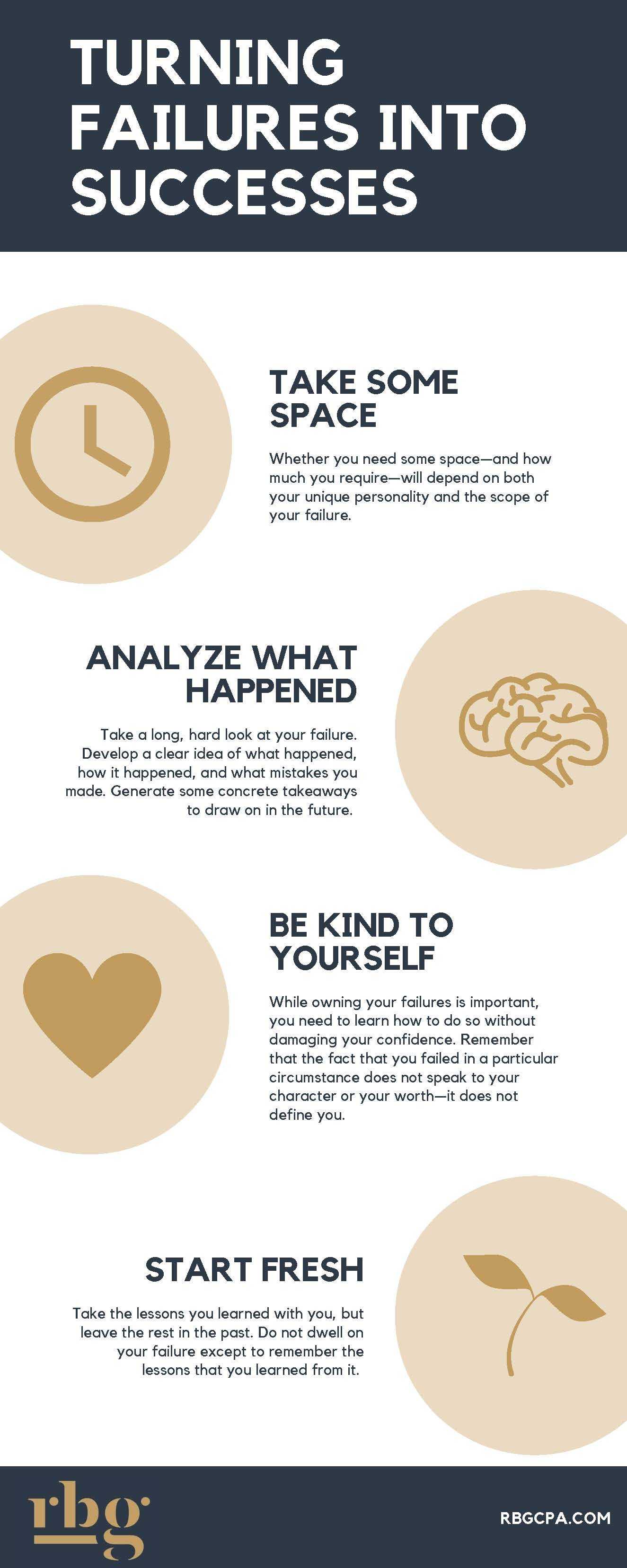Five Ways to Manage Back-to-School Stress
If you are anxious about sending your children back to school, you are not alone. A recent poll from ABC News/Ipsos showed that 45 percent of parents do not want their kids in the classroom at all. But whether your kids are in school or learning at home, there is still plenty of worry to go around. How do you cope? Read on for a variety of suggestions from counselors and mental health professionals. 
Express Your Feelings
Noticing the anxiety that is going on inside is half the battle — the other half is to let it out. “I would encourage parents to share this feeling with their partners or other family and friends,” says Michael Consuelos, MD, a senior medical advisor with the mental health management platform NeuroFlow in Philadelphia. Simply releasing what you are feeling can often take the power of it. 
Teach Your Kids How to Navigate
This starts with talking to your kids about what social distancing is, what it looks like, and how to wash their hands thoroughly. Fran Walfish, PsyD, MFT, a family and relationship psychotherapist in Beverly Hills, Calif., suggests making up real-life situations and asking kids to “think in advance about what they would say or do to protect themselves while preserving a friendship.” For instance, a friend of your son stands too close to him and asks to borrow a ruler. How should he react? Or your daughter is eating lunch and a friend reaches in and takes a few chips from her Doritos bag. What should she do? You can probably come up with many other scenarios that help your kids figure out the best options for keeping safe.¬†
Have Honest Conversations
Kathleen Rivera, MD, a psychiatrist who specializes in children and adolescents at Nuvance Healthin Danbury, Conn., strongly suggests talking with your kids about the situation, no matter how young they are, and asking them how they are feeling about the changes in their school environment. What things about school do you miss the most? How is this new learning set-up working for you? What are things you don’t miss about school? Claudia Kohner, Ph.D., a licensed psychologist and creator of IntroDUCKtion to Very, Very Big Feelings app, says that if you have very young children, give them some colored pencils and a coloring book. Sit down with them and help them create a homemade book that describes the changes in their school setting and reflects their feelings that go along with it. Encouraging imaginative play with dolls and stuffed animals is also a great way to help your kids express what they are going through. 
Practice Self-Care
In these uncertain times, it is more important than ever to be kind to yourself — and not judge yourself for failing to cross everything off your to-do list. “You don’t have to do it all,” says Elizabeth Derickson, MSW, LCSW, RPT, a therapist with online therapy provider Talkspace. This is her number 1 piece of advice for parents who are dealing with back-to-school anxiety. She suggests setting up realistic expectations and acknowledging that there will be both good days and bad days, and allowing yourself “to learn from the bad days, move on and rock those good days.” 
Embrace Change
In a few months, the landscape of your life might look radically different than it does today. That is why being able to adapt to whatever new circumstance presents itself is key. According to Dr. Rivera, “Flexibility is the most important thing in this whole process.” Knowing you have every right to reverse your decisions is OK — and empowering. 
Despite the seemingly never-ending stream of worries that inevitably crop up in our new abnormal, remember: the most constant thing in life is change. Things will get better. 
Sources 
https://www.realsimple.com/health/mind-mood/stress/manage-back-to-school-stress-coronavirus 

